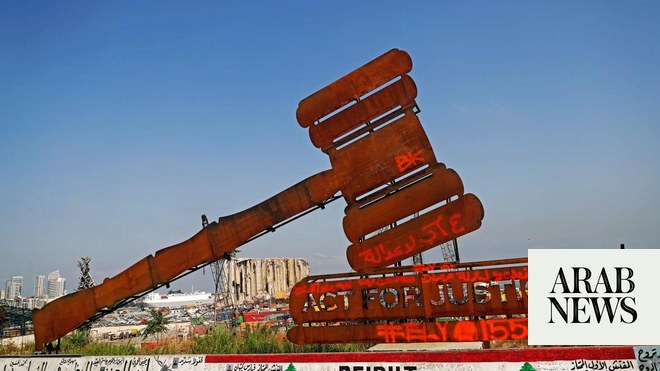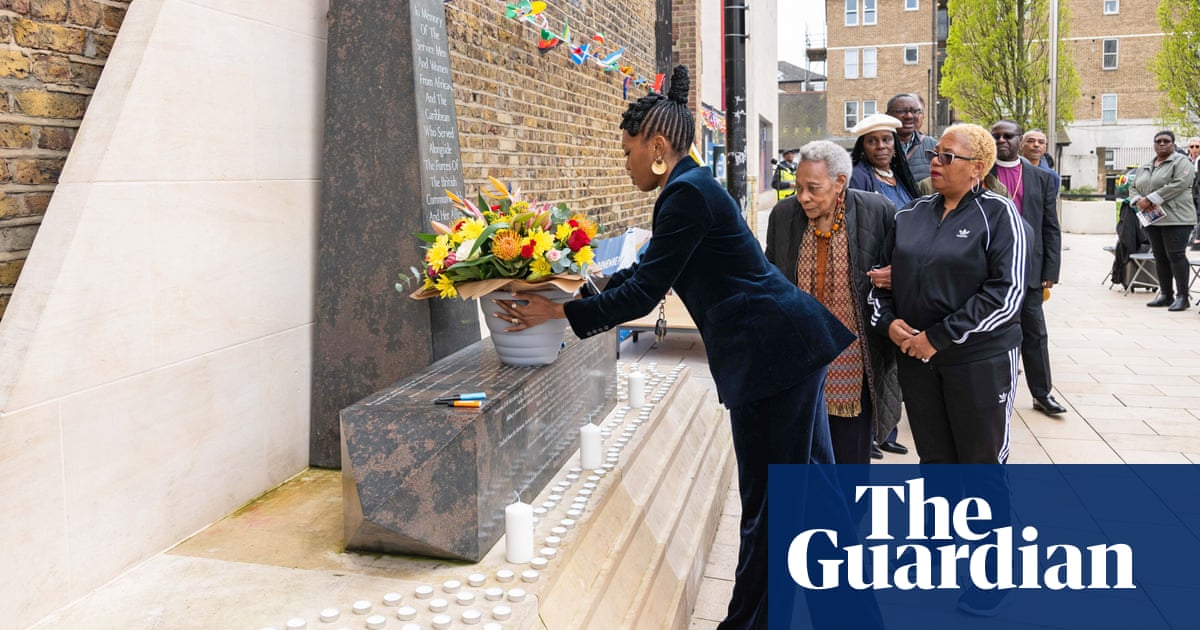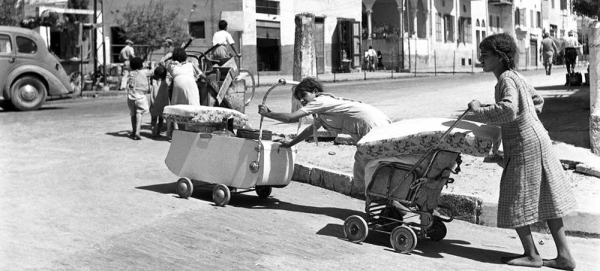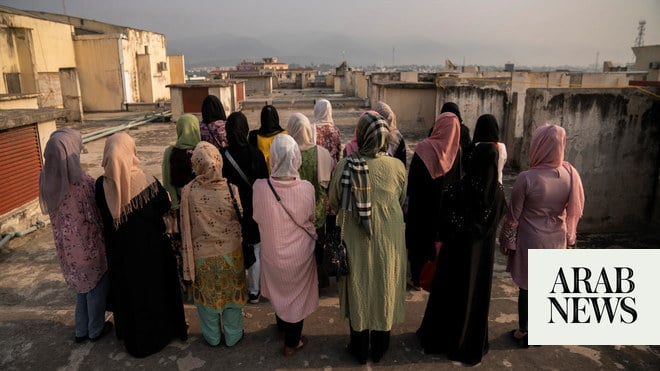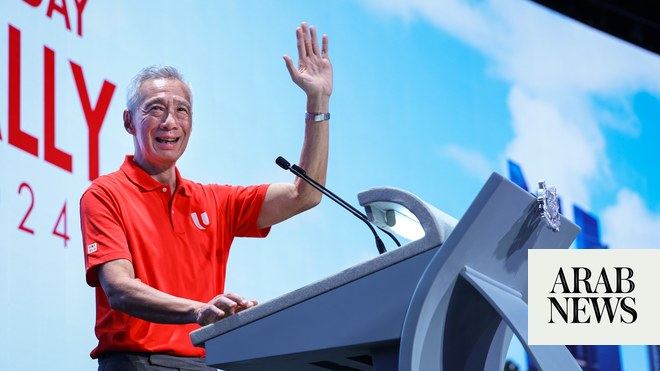
Spain has celebrated the 42nd anniversary of the constitution that ushered the country back to democracy following the end of the Franco dictatorship, as some former members of the armed forces made inflammatory declarations.
The prime minister, Pedro Sánchez, said the 1978 constitution was “the greatest success of our collective history” and hailed 42 years of “peace, co-existence and freedom”.
A group of 271 former military personnel, however, marked the anniversary by publishing a manifesto attacking the Socialist-led coalition government, complaining that Spain’s unity was under threat from Catalan separatists and bemoaning what they termed the “deterioration of democracy”.
The letter came a few days after it emerged that a group of retired air force officers who graduated during the dictatorship had used a WhatsApp group to talk about firing on Catalan independence supporters, “shooting 26 million sons of bitches”, and describing Franco as the “irreplaceable one”.
Some of those in the chat group were among the 73 former officers who wrote to King Felipe last month to express their hatred of the coalition between the Spanish Socialist party and the far-left, anti-austerity Unidas Podemos party.
Spain’s defence minister, Margarita Robles, has sent details of the WhatsApp group chat to prosecutors to see whether a crime had been committed by “individuals who additionally may have posed as members of the military on active service duty without being so”.
The chat and the letter also prompted the chief of the defence staff to accuse those involved of “damaging the image of the armed forces” and confusing public opinion.
“The opinions of these people cannot be seen as representative of the collective to which they once belonged,” said Gen Miguel Villarroya Vilalta. Their thoughts, he added, should instead be seen as those of private citizens.
“As military personnel, we take an oath promising to defend the constitution, which guides all our actions,” he said. “One of the consequences of that commitment is the political neutrality of our armed forces.”
The Francisco Franco National Foundation, which was set up less than a year after the dictator’s death in 1975 to promote study and awareness of his “life, thought, legacy and works”, is headed by a former general.
The foundation, along with many on the far-right, bitterly opposed the Sánchez government’s decision to remove Franco’s body from the Valley of the Fallen last year.
The coalition announced plans in September to ban organisations that glorify the dictator’s legacy as part of its efforts to help the country come to terms with its past.
The deputy prime minister and Podemos leader, Pablo Iglesias, played down the threat posed by the WhatsApp group and their allies, and said their nostalgia for the dictatorship would prove counterproductive.
“What these already retired gentlemen of a certain age say doesn’t represent a threat of any kind,” he told Spanish TV on Thursday.
“But I think the letter to the king puts the monarchy in an absurdly uncomfortable situation. If a few Franco-supporting gentlemen think they’re doing the head of state a favour by surrounding him with Francoism, I think they don’t understand that that they’ll probably just make more Spaniards feel increasingly like republicans.”




